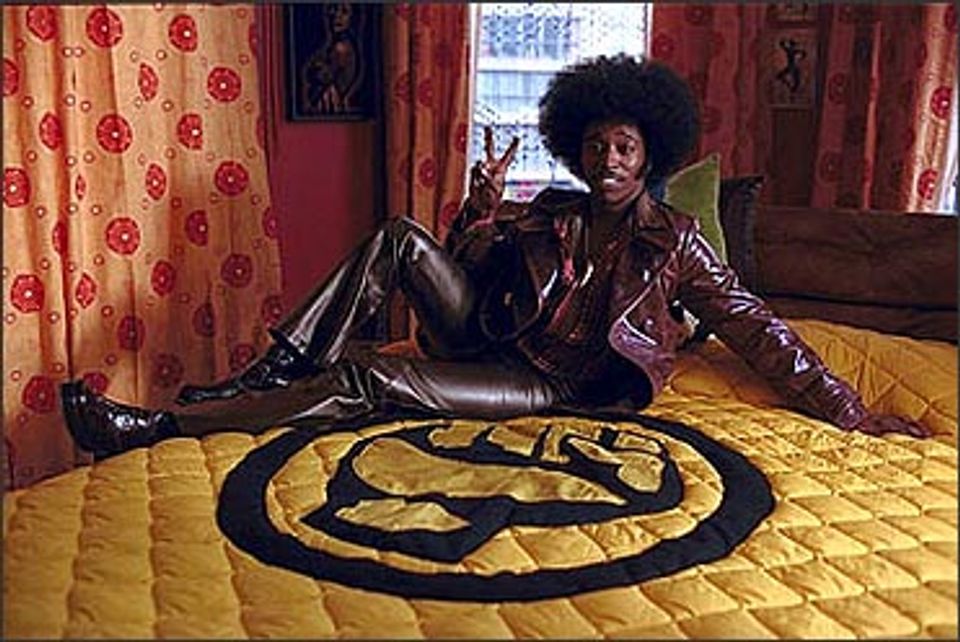

However, it ends with the plot foiled and Sistah Girl saving Undercover Brother from White She-Devil (Denise Richards, earning every cent of her paycheck). In that instance, Undercover Brother would more likely resemble something like the original ending of Get Out. If it ends with Undercover Brother losing himself entirely to his white-i-fied Anton Jackson persona, then the film is a tragedy of the bleakest kind.
Undercover brother cadillac movie#
If the movie ends with General Boutwell (Billy Dee Williams) and his fried chicken place (isn’t that sentence fragment alone just the best kind of ridiculous?) creating Haitian-style zombii (not “zombies”) of Black people it’s a comedy. I’ve said it before, and it’s not a great revelation, but the difference between tragedy and comedy is the ending. He knows to portray Jackson not as a 70s blaxploitation character but as someone raised on those characters and aspires to emulate them. Eddie Griffin as Undercover Brother hits all the right notes. Now that’s out of the way, can I just reiterate that this movie is hilarious? And that may be because everyone, and I mean everyone, fully commits to their roles. Although both are ostensibly about a Black icon fighting different iterations of The Man, the personification of white corporatism, Pootie Tang casts him, somewhat troublingly, as a faux-pidgin-speaking entertainer, Undercover Brother presents him and the team behind him as explicitly pro-Black and fighting inequality.Īnd, personally, I find that solid and dy-no-mite. I won’t spend this entire review comparing films because, in a way, both have different target audiences despite having vaguely similar premises. If the jokes are admittedly less innovative, the fact there’s a higher frequency of jokes that actually land makes up for this.

Martial artist - He is a great fighter, using martial arts moves blended with excellent dance moves.When undercover, he will wear appropriate clothing, but will always wear his father’s medallion, a gold disc with an ebony fist raised in a Black Power salute in the center. He does not have any particularly favorite outfit, but he does prefer chic 1970s clothing, featuring bright colors, silk shirts, bell-bottomed pants, and platform shoes. Undercover Brother is a young African-American male, with a large afro, pork-chop sideburns, and a mustache. Now, working as an agent of BROTHERHOOD, Undercover Brother still fights to foil The Man’s plans at every turn. Feather and White She-Devil, and foiled the plans of The Man. Working with Sistah Girl, Undercover Brother overcame the machinations of Mr. So, Jackson was recruited, taking on the new title of Undercover Brother. Unbeknownst to him, Jackson came to the attention of a group called BROTHERHOOD, whose motto was “Fighting for truth, justice, and the Afro-American way since 1972.” BROTHERHOOD was fighting The Man, the secret white master of the world, and needed Jackson’s help. Not there for his own personal enrichment, instead he did acts of sabotage to help low-income families in “da Hood” by erasing mortgage records and so forth. He first came to the world’s attention in the 1970s when he took on the persona of the Afro Bandit, and began breaking into banks and other financial institutions. Little is known about Anton Jackson’s early life.


 0 kommentar(er)
0 kommentar(er)
